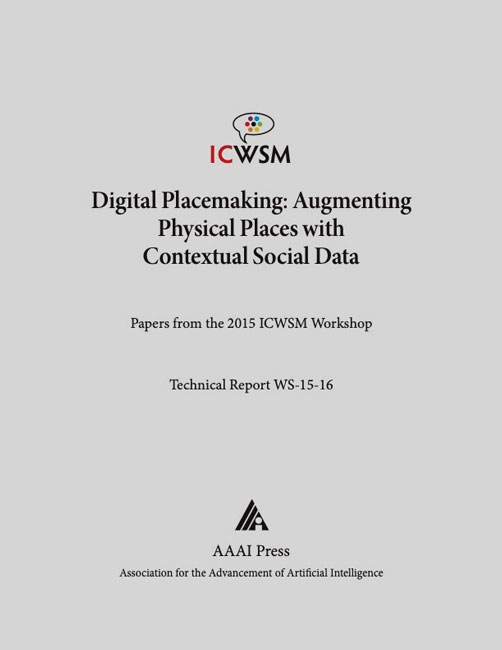Tweeting Behaviour during Train Disruptions within a City
DOI:
https://doi.org/10.1609/icwsm.v9i2.14676Keywords:
Train disruptions, Retweeting prediction, Tweeting behaviourAbstract
In a smart city environment, citizens use social media for communicating and reporting events. Existing work has shown that social media tools, such as Twitter and Facebook, can be used as social sensors to monitor events in real-time as they happen (e.g.\ riots, natural disasters and sport events). In this paper, we study the reactions of citizens in social media towards train disruptions within a city. Our study using 30 days of tweets in a large city shows that citizens react differently to train disruptions by, for instance, displaying unique behaviours in tweeting depending on the time of the disruption. Specifically, for working days, tweets related to train disruptions are typically generated during rush hour periods. In contrast, during weekends, urban citizens tended to tweet about train disruptions during late evenings. Using these insights, we develop a supervised approach to predict whether a train disruption tweet will be retweeted and propagated on the social network, by using features, such as time, user, and the content of tweets. Our experimental results show that we can effectively predict when a train disruption tweet is retweeted by using such features.

